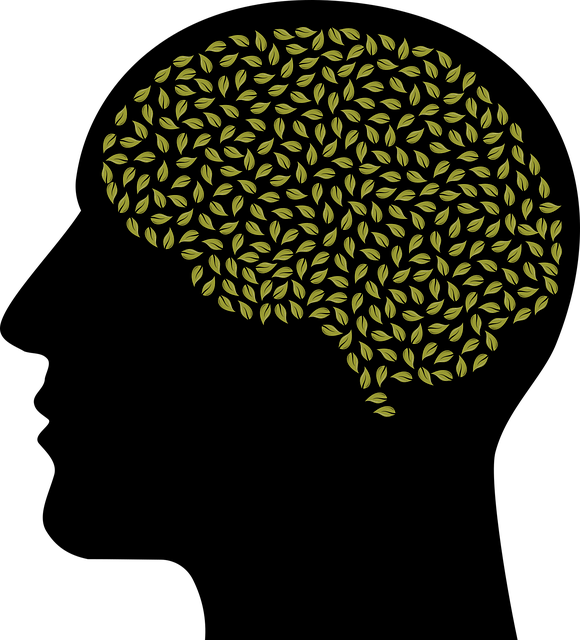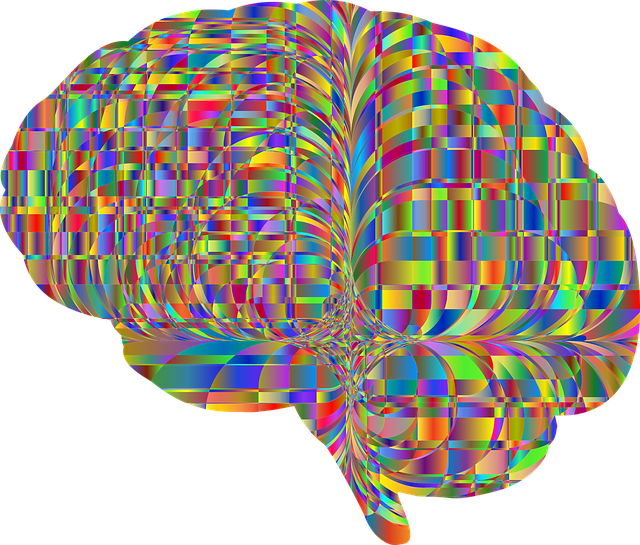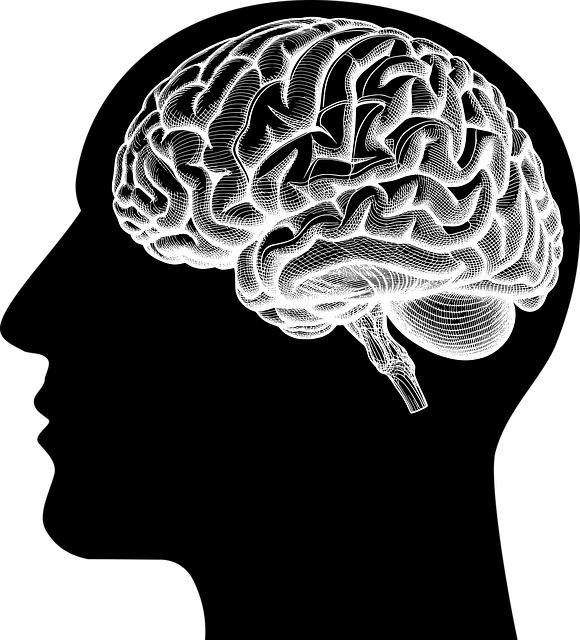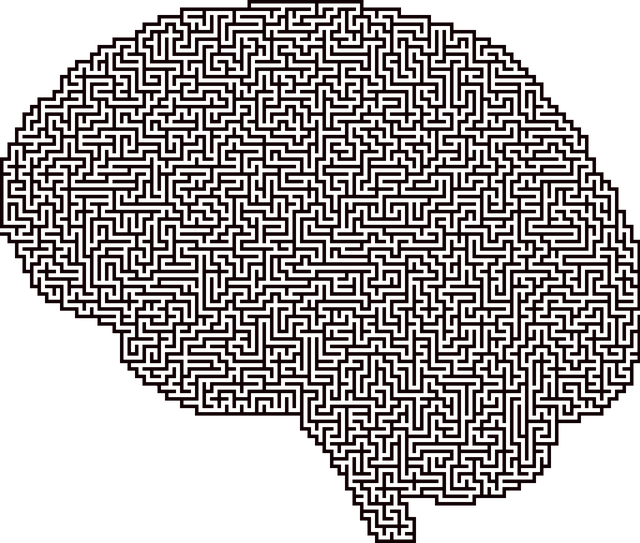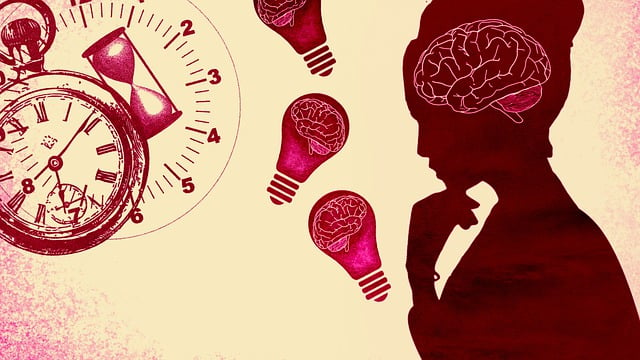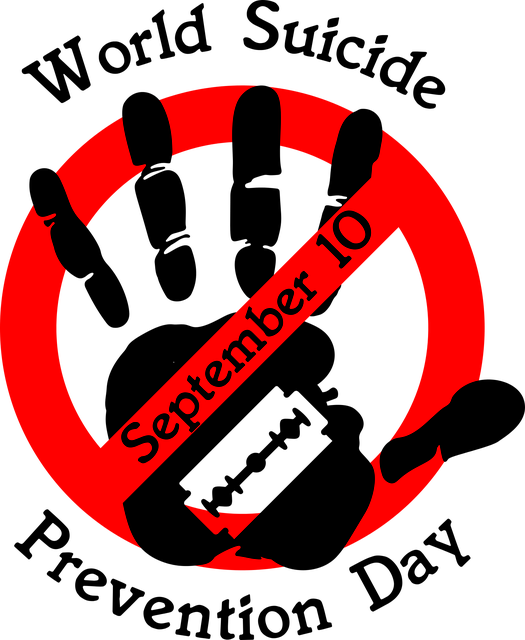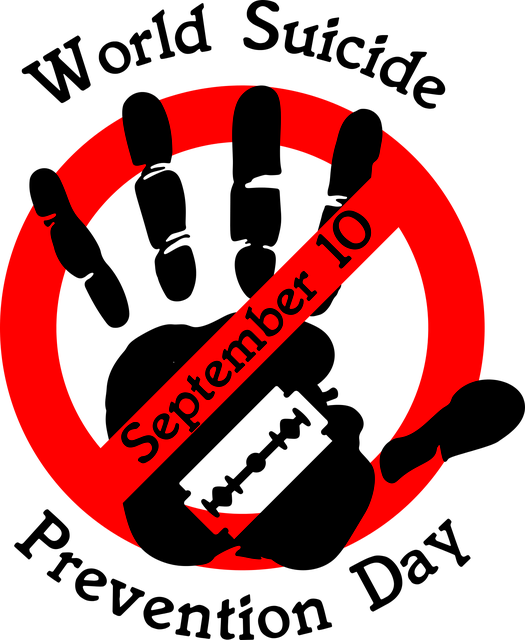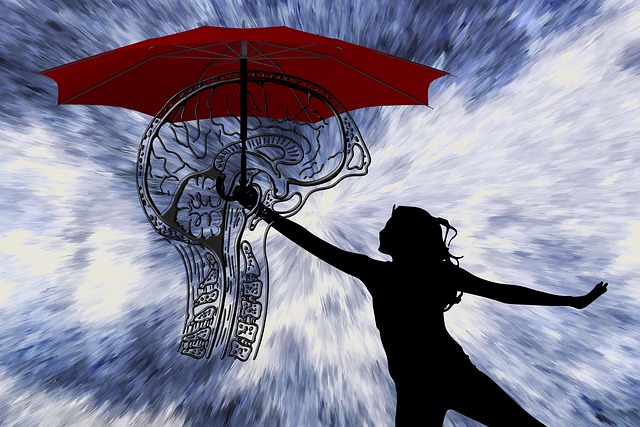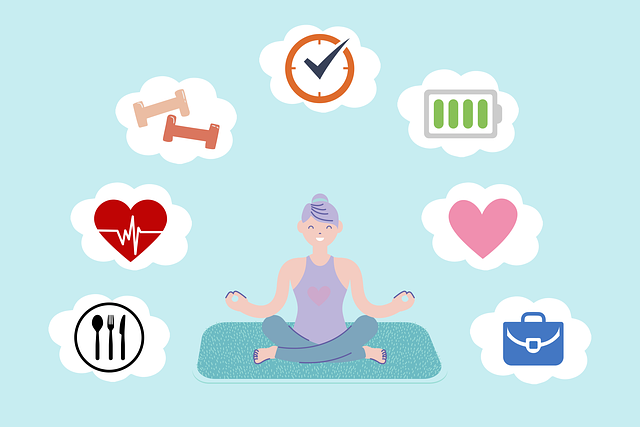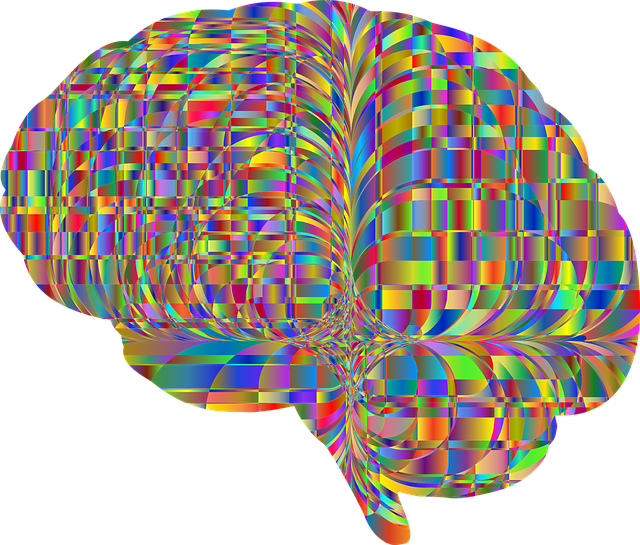Anxiety among elders is a complex issue often driven by physical health, cognitive changes, or social isolation. Effective management involves recognizing symptoms like worry, restlessness, and insomnia. Tailored interventions such as mental wellness journaling, mindfulness meditation, and CBT, integrated into audio content like podcasts, offer accessible evidence-based practices. Additionally, structured routines, education programs, and holistic practices like breathing exercises and regular exercise support elders' mental well-being, especially when co-occurring anxiety and ADD/ADHD are considered through specialized evaluations.
Anxiety among elders is a prevalent yet often overlooked issue, with unique challenges distinct from younger populations. This article explores comprehensive strategies for managing anxiety in seniors, including recognized symptoms and causes. We delve into evidence-based therapies like Cognitive Behavioral Therapy (CBT), and alternative approaches such as mindfulness, relaxation techniques, and lifestyle adjustments. Furthermore, we discuss the intricate link between Anxiety Disorders and ADD/ADHD, offering insights into effective evaluation and treatment strategies for a holistic understanding of elder mental health.
- Understanding Anxiety in Elders: Recognizing Symptoms and Causes
- Cognitive Behavioral Therapy (CBT): A Powerful Tool for Managing Anxiety
- Alternative Approaches: Mindfulness, Relaxation Techniques, and Lifestyle Changes
- Evaluating ADD/ADHD: Unraveling the Connection with Anxiety and Effective Treatment Strategies
Understanding Anxiety in Elders: Recognizing Symptoms and Causes

Anxiety is a common yet complex experience, especially among elders. Recognizing symptoms and understanding the underlying causes is crucial in managing it effectively. Many older adults may face unique challenges that contribute to their anxiety, such as physical health issues, cognitive changes, or social isolation. They might exhibit signs like excessive worry, restlessness, insomnia, or even physical manifestations like increased heart rate and muscle tension.
Effective therapy for elders often involves a combination of approaches, including ADD-ADHD evaluations to rule out any contributing factors, and tailored interventions. Mental wellness journaling, mindfulness meditation, and coping skills development have proven beneficial in managing anxiety. These techniques offer guidance for self-reflection, emotional regulation, and stress reduction, fostering a sense of calm and improved mental clarity.
Cognitive Behavioral Therapy (CBT): A Powerful Tool for Managing Anxiety

Cognitive Behavioral Therapy (CBT) is a highly effective tool for managing anxiety, particularly among older adults. This form of therapy focuses on identifying and changing negative thought patterns that contribute to feelings of anxiety and fear. By challenging these unhelpful thoughts and behaviors, CBT empowers individuals to develop healthier coping strategies, leading to improved emotional intelligence and overall mental wellness.
For those dealing with conditions like ADD/ADHD, CBT can be tailored to address specific challenges related to focus and impulsivity. It encourages individuals to recognize triggers and develop personalized techniques for managing anxiety symptoms. Moreover, integrating CBT into a comprehensive mental wellness podcast series production can enhance its reach, making evidence-based practices accessible through engaging audio content that promotes emotional well-being.
Alternative Approaches: Mindfulness, Relaxation Techniques, and Lifestyle Changes

Anxiety management techniques offer a holistic approach to supporting mental health, especially for elders. Alternative therapies like mindfulness and relaxation techniques have proven effective in reducing anxiety symptoms. Mindfulness practices encourage individuals to focus on the present moment, fostering calmness and acceptance of anxious thoughts without judgment. Simple breathing exercises and progressive muscle relaxation are easy-to-implement methods that can be integrated into daily routines.
Beyond these practices, lifestyle changes play a significant role in managing anxiety. Regular physical activity, balanced nutrition, and adequate sleep are cornerstones of mental well-being. Engaging in activities one enjoys and maintaining strong social connections also contribute to a sense of calm and resilience. For elders with ADD/ADHD or other cognitive challenges, structured routines and clear communication can provide additional support. Mental health education programs designed specifically for this demographic can enhance understanding and empathy building strategies among caregivers, fostering an environment that promotes anxiety relief and overall mental health.
Evaluating ADD/ADHD: Unraveling the Connection with Anxiety and Effective Treatment Strategies

Anxiety disorders and Attention-Deficit/Hyperactivity Disorder (ADD/ADHD) share a complex relationship, often co-occurring and exacerbating symptoms for those affected. Evaluating ADD/ADHD in older adults is a crucial step towards managing anxiety effectively. The connection lies in cognitive processes—attention, focus, and impulsivity—which are core aspects of both conditions.
Therapy for elders with ADD/ADHD can significantly improve their mental health awareness and coping skills development. Through specialized evaluations, professionals can identify specific challenges, tailoring treatment strategies to address them. By integrating mind over matter principles, therapy empowers individuals to regain control, reduce anxiety, and enhance overall well-being.
Managing anxiety effectively is a journey tailored to each individual, especially as we age. By understanding the unique symptoms and causes of anxiety in elders, recognizing the power of cognitive behavioral therapy (CBT), exploring alternative approaches like mindfulness and lifestyle changes, and delving into the complex relationship between ADD/ADHD and anxiety, we can provide targeted support. For elders struggling with anxiety, seeking professional help through these evaluative processes is crucial for finding the most effective therapy, whether that’s CBT or other alternative methods, leading to improved quality of life.
